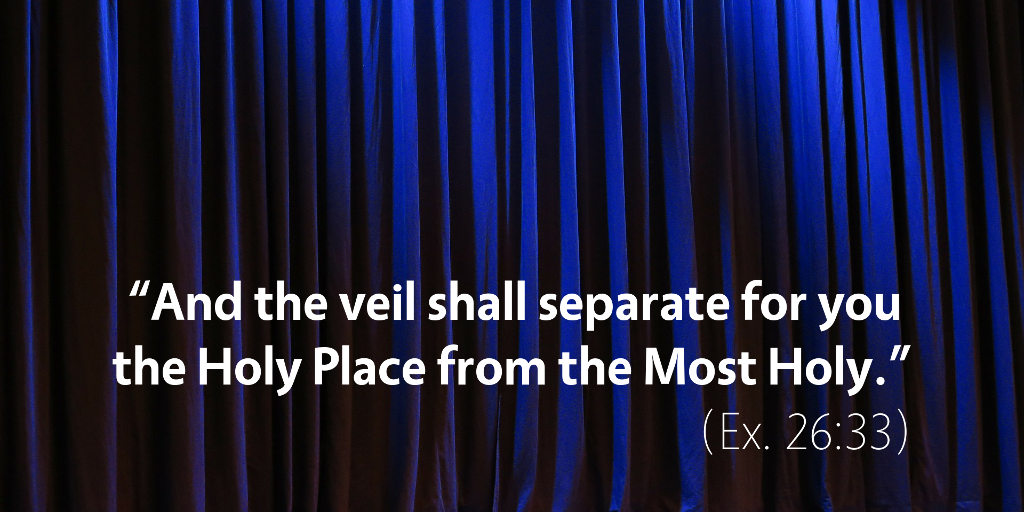Bible Readings for March 15th
Exodus 26 | John 5 | Proverbs 2 | Galatians 1
In Exodus 26, Yahweh describes the two different places in the tabernacle where his holiness would dwell most fully on earth: the Holy Place and the Most Holy Place. Those two places would be separated only by a veil made out of blue, purple, and scarlet fabrics, with figures of cherubim skillfully embroidered into it, with the mercy seat and the ark of the covenant alone residing inside the Most Holy Place (Ex. 26:33–34).
Other furniture—furniture that Yahweh described in Exodus 25 and that we will read more about in Exodus 37—would remain in the Holy Place, just outside of the Most Holy Place. All the tabernacle is holy, but still we see that certain areas within the tabernacle are more holy than others.
So, even the priests who will regularly minister in the Holy Place are nevertheless forbidden from entering the Most Holy Place. Only the high priest may enter, and even he may enter only once a year for the Day of Atonement (Lev. 16).
Protecting these boundaries is so important that Yahweh appoints guards to keep the wrong people from encroaching on his holiness beyond their clearance. This is why figures of cherubim are embroidered into the veil between the Holy Place and the Most Holy Place, since it was the cherubim who were stationed as guards outside the entrance to the Garden of Eden after Adam and Eve were expelled (Gen. 3:24).
In the book of Numbers, we will also see that the nonpriestly Levites will be similarly appointed as guards to keep the rest of Israel from coming too near to the tabernacle (e.g., Num. 3:5–10). In fact, Yahweh solemnly charges the Levites multiple times to execute any “outsider”—that is, an unauthorized person—who comes too near to the tabernacle (Num. 1:51, 3:10, 3:38, 18:7), and even the nonpriestly Levites were threatened with death if they themselves transgressed Yahweh’s boundaries (Num. 4:15, 19–20).
Taken together, these instructions help us understand the serious nature of Yahweh’s holiness. Yahweh is a consuming fire (Heb. 12:29) whose holiness would destroy us if we came near to him without being cleansed from the impurities of the sin and death that cling to us in the world—or even if we came near to him without an appropriate invitation.
The gospel of Jesus, then, announces shockingly good news: We have been brought near to God in his holiness by the blood of Christ (Eph. 2:13). Through the cleansing, purifying power of Jesus’ blood, God calls us to draw near to God in the splendor of his holy places with confidence, in the full assurance of faith (Heb. 10:19–22).
For those covered by the blood of Jesus, the holiness of God is no longer a threat; rather, it is the source of our blessing, inheritance, and hope.
Podcast: Play in new window | Download (5.4MB) | Embed
Subscribe: Apple Podcasts | RSS | More

Scripture quotations are from The Holy Bible, English Standard Version copyright © 2001 by Crossway Bibles, a division of Good News Publishers. Used by permission. All rights reserved.


